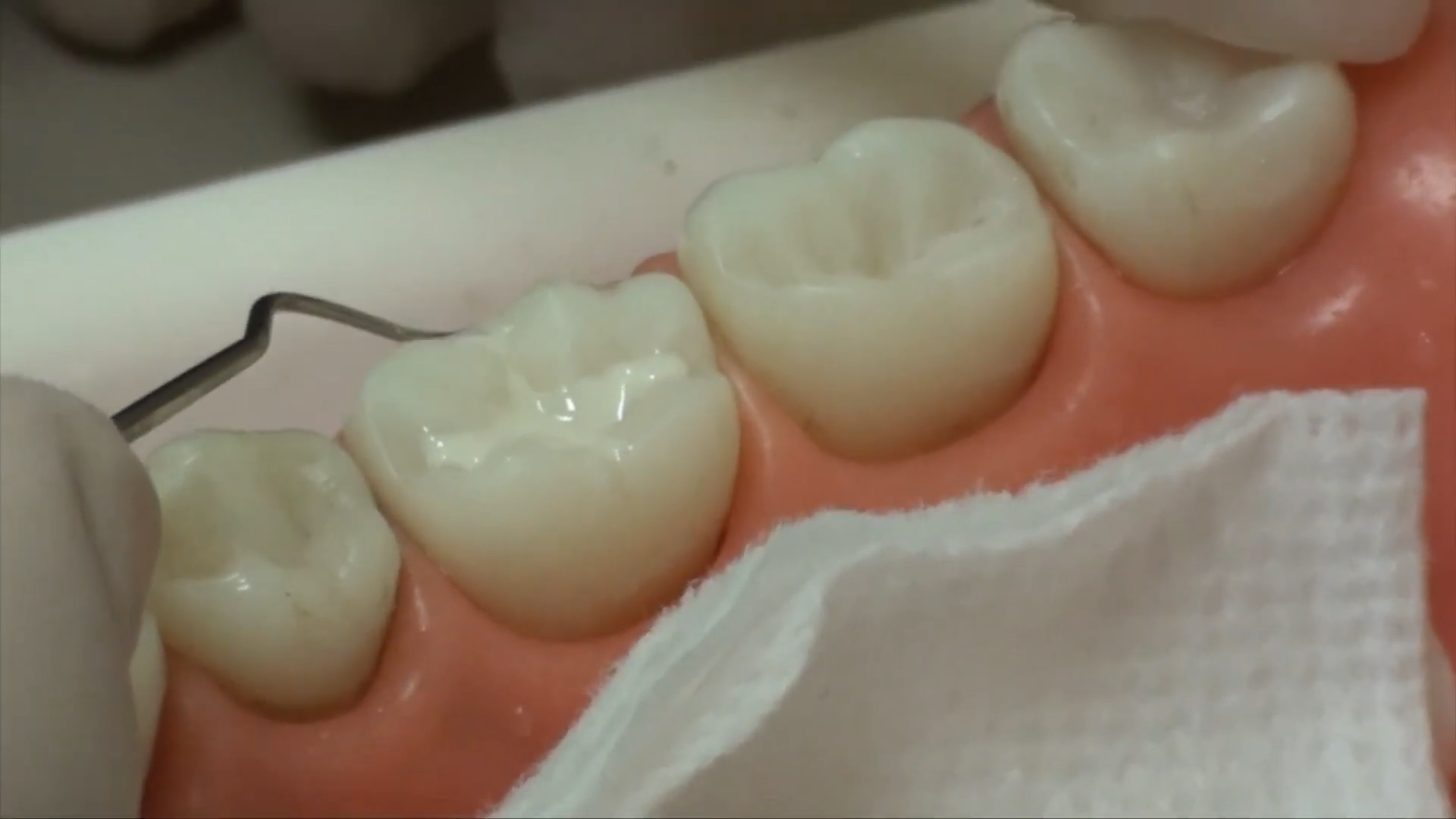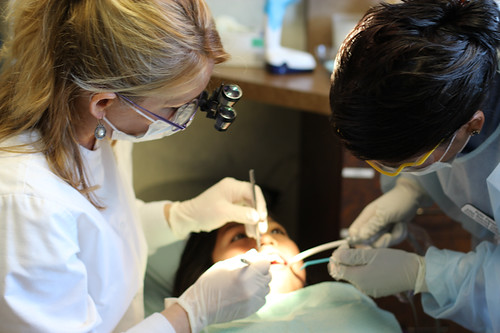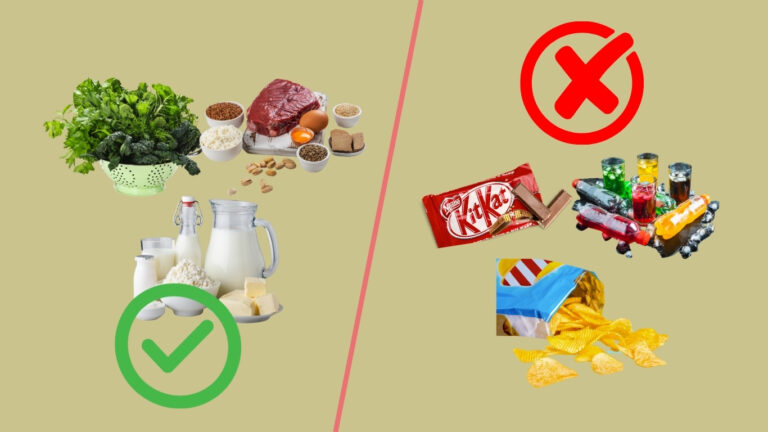Does My Child Need Dental Sealants on Baby Teeth?
As a parent, you’re always trying to make the best decisions for your child’s health—and that includes protecting their smile. One common question that comes up during pediatric dental visits is whether dental sealants are necessary for baby teeth. Since baby teeth eventually fall out, is it really worth applying a protective coating to them?
The answer, in many cases, is yes. Dental sealants can play an important role in preventing cavities in young children, especially those who are more vulnerable to tooth decay. Let’s explore what sealants are, how they work, and whether your child might benefit from them—even on their baby teeth.
What are Dental Sealants?
Dental sealants are thin, protective coatings made from a tooth-colored or clear resin material. They’re painted onto the chewing surfaces of the back teeth—specifically the molars and premolars—where grooves and pits tend to trap food particles and bacteria.
These back teeth have deep fissures that are difficult to clean, even with good brushing habits. Over time, plaque and acids can wear down the enamel and lead to cavities. Sealants act like a barrier, sealing off those vulnerable areas so that food and bacteria can’t settle in.
Why Seal Baby Teeth?
It’s easy to think baby teeth don’t need much protection since they’re temporary. But that’s a misconception. Baby teeth play crucial roles in a child’s development, such as:
– Holding space for permanent teeth to erupt in proper alignment
– Supporting normal speech development
– Helping children chew food effectively
– Promoting self-esteem through a healthy smile
When a baby molar gets a cavity, it can lead to pain, infection, difficulty eating, and the premature loss of that tooth. If a baby tooth is lost too early, the surrounding teeth can shift, potentially leading to crowding or orthodontic issues later on.
Sealants help prevent these problems by reducing the risk of decay during the years when kids are still learning to brush and floss effectively.
When Are Dental Sealants Recommended for Baby Teeth?
While not every child will need sealants on their baby teeth, pediatric dentists often recommend them in specific situations where the risk of tooth decay is noticeably higher. The goal is to provide extra protection during the years when children are most vulnerable to cavities—especially on their back molars, which are harder to keep clean.
1. Deep grooves or uneven chewing surfaces on baby molars
Some children are born with molars that have naturally deep pits and fissures. These tiny crevices can easily trap food particles, even with regular brushing. Because toothbrush bristles can’t always reach into these narrow grooves, plaque and bacteria tend to accumulate, increasing the risk of decay. Sealants fill in and smooth out these areas, making them less likely to harbor bacteria.
2. A history of frequent cavities or a high risk of tooth decay
If your child has already had one or more cavities—or if there’s a strong family history of tooth decay—their dentist may consider them “high-risk.” Factors like enamel weakness, mouth breathing, dry mouth, or early signs of demineralization can also increase the likelihood of developing cavities. In these cases, sealants act as a preventive measure to avoid further damage.
3. Inconsistent or still-developing oral hygiene habits
Young children are still learning how to brush and floss properly, and even the most enthusiastic little brusher might miss spots, especially in the back of the mouth. Until children are around 7 or 8, they often don’t have the motor skills to clean their teeth effectively without adult help. Sealants give those vulnerable areas an added layer of protection during this learning phase.
4. A diet high in sugars or frequent snacking
Frequent snacking—especially on sticky, starchy, or sugary foods—can lead to a higher risk of cavities. This is because every time your child eats, it creates a temporary acid attack on their teeth. If they snack often throughout the day, their teeth are exposed to prolonged periods of acid, which wears down enamel. Sealants help reduce the damage these acids can cause on the chewing surfaces of molars.
5. Baby molars that will remain in the mouth for several more years
Some baby molars don’t fall out until a child is 10 to 12 years old. If your child is 4, 5, or 6 and already showing signs of being at risk for decay, it makes sense to protect those molars early—especially if they’ll be in place for another 5 to 7 years. Keeping baby molars healthy until they naturally fall out is critical for maintaining space for the adult teeth to come in properly.
Sealants are not a “one-size-fits-all” recommendation. Your child’s dentist will assess their individual risk level, oral development, hygiene habits, and dietary patterns before suggesting sealants. When used appropriately, sealants can be a valuable part of a strong preventive care plan—keeping your child’s smile cavity-free and confident as they grow.
Are Sealants Safe for Children?
Yes—sealants are safe, quick, and completely non-invasive. The application process is painless and doesn’t require drilling, needles, or removing any tooth structure. It typically takes just a few minutes per tooth.
Here’s how the process works:
1. The dentist cleans and dries the tooth.
2. A special solution is applied to help the sealant bond.
3. The sealant material is painted onto the chewing surface.
4. A curing light is used to harden the material.
Once sealed, the tooth’s surface becomes smoother and easier to keep clean with regular brushing.
How Long Do Sealants Last?
Sealants can last anywhere from 2 to 5 years, sometimes longer with good care. Pediatric dentists check the condition of the sealants at every routine visit and can touch them up if necessary. While sealants aren’t a substitute for good oral hygiene, they provide a powerful layer of protection during the years when kids are most prone to cavities.
Final Thoughts
Dental sealants on baby teeth may seem optional, but for many children, they’re a simple, cost-effective way to prevent painful problems and future dental work. If your child is prone to cavities or has deep grooves in their baby molars, talk to your pediatric dentist about whether sealants are right for them.
Protecting those little teeth now means fewer big problems later—and more healthy smiles along the way.






